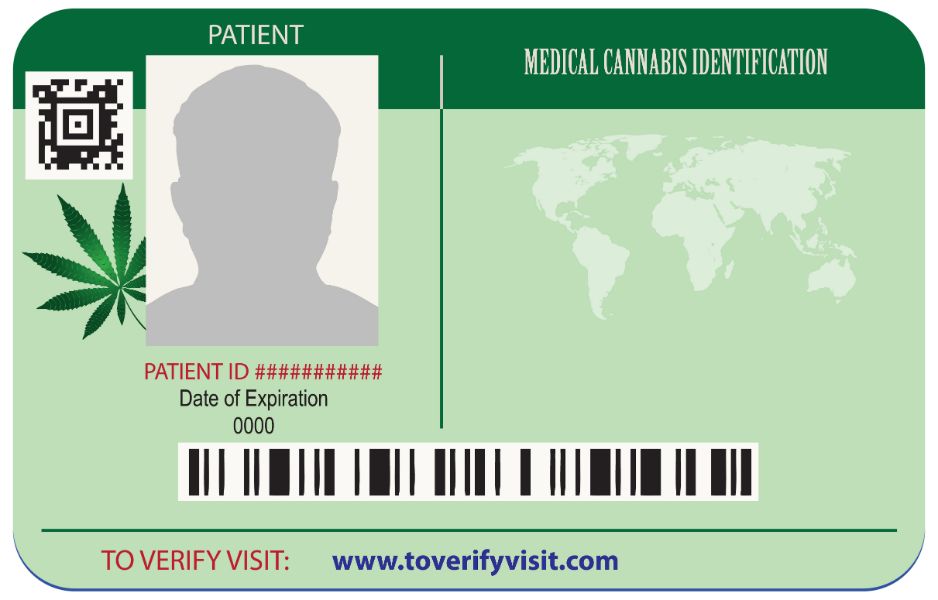Just about every state with an active medical cannabis program requires patients to obtain some sort of documentation in order to purchase and consume marijuana. That documentation is usually a state-issued medical cannabis card. The card might be issued electronically or on paper. But why? What is the point?
With new medical cannabis users entering the community daily in several states looking to embrace medical cannabis, it is a wise idea to discuss basic concepts like the medical cannabis card on a regular basis. Consider this post a refresher on why medical cannabis cards are necessary. There is a valid reason for requiring them.
Cannabis Is Not a Prescription Drug
Despite attempts by some state lawmakers to pass medical cannabis off as a prescription drug, it’s not. The FDA has approved only one cannabis-derived drug and two drugs made with synthetic cannabinoids. That’s it. The FDA has not approved cannabis plants, THC gummies, and other such products for medical consumption.
Furthermore, doctors are prohibited from writing cannabis prescriptions for that very reason. No doctor pulls out a prescription pad, writes a prescription for marijuana, and sends the patient down to the local pharmacy to get it filled. That’s not how it works.
Instead, doctors recommend medical cannabis to their patients. Those patients then need some way to verify that they are eligible to use the plant and products derived from it. The medical cannabis card is that proof. A medical cannabis card essentially verifies that a particular patient has both a cannabis recommendation from their doctor and approval from the state.
How Cards Are Obtained
Each of the states with active medical cannabis programs has its own procedure for obtaining a medical card. Utah’s procedure is pretty typical, so we can cite it as an example.
Brigham City’s Beehive Farmacy says that in order to qualify in Utah, the patient must have an official diagnosis of one of the conditions on a state-approved list. Those conditions include things like chronic pain, cancer, and PTSD. As for the actual process, it is pretty straightforward:
- The patient sets up an account on Utah’s EVS website.
- The patient initiates the application process by completing their part online.
- The patient visits a medical provider for complete evaluation.
- That provider completes their part of the EVS application.
- The patient finishes the application and submits the required fee.
Once an application is submitted, state officials need to approve it. Applications must be approved or rejected within 30 days. It rarely takes that long, however. If approval is given, the state sends the patient their card electronically. It could be printed on paper or stored on the patient’s cell phone.
Cards Have To Be Renewed
The one thing medical cannabis cards have in common with prescriptions is the need for renewal. States do not issue cards in perpetuity. In Utah, they need to be renewed annually. The point of this is to force patients to be re-evaluated on a regular basis.
It could be that things would change should the federal government decide to decriminalize or reschedule marijuana. In the event of rescheduling, the FDA might be tasked with approving cannabis the same way they approve new prescription drugs. That would effectively put an end to the medical cannabis card system in favor of more traditional prescriptions.
For now, though, true medical cannabis prescriptions do not exist. This is why medical cannabis cards are necessary. Without a prescription, the card is the only way to verify that a person is a legitimate medical cannabis patient with authority to purchase and consume.


